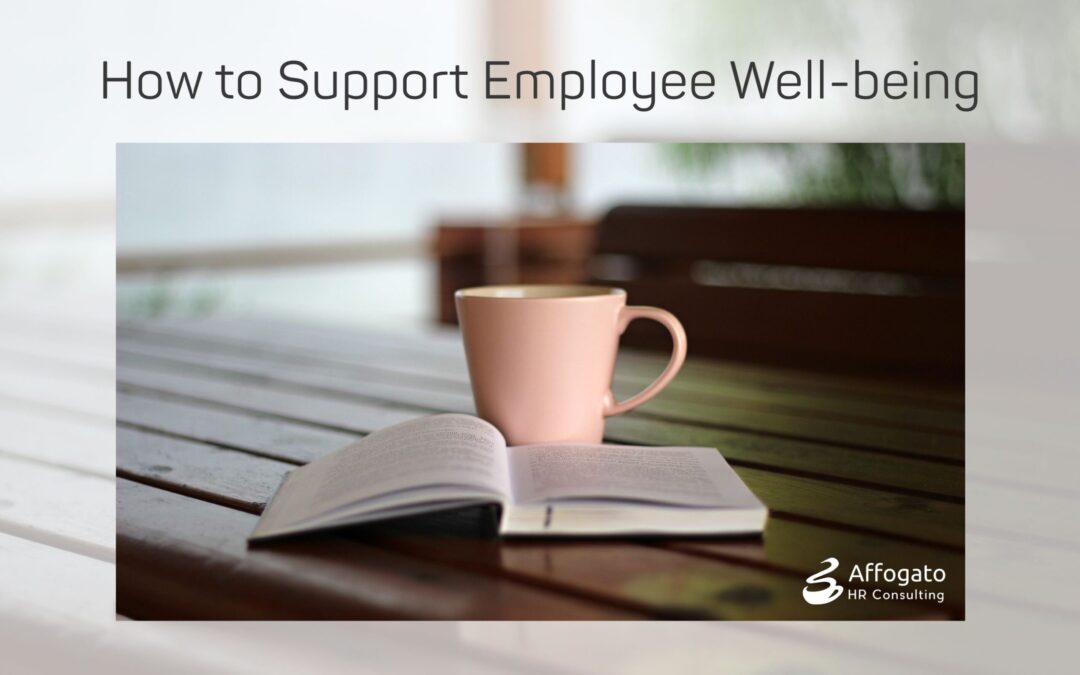Does anyone ever feel completely “settled”? If you do, please share your secret!
It’s a safe bet that most of our employees are juggling a lot, and reprioritizing several times a day. At work, at home, in life. (Ok, not just our employees. Every. Single. Person.)
To maintain a positive workplace culture, to enhance productivity and contribute to the organization’s overall success, it’s important for employers to do what they can to prioritize employee well-being. Easy to say, but what do we DO?
First, during one-on-one meetings and check-ins, intentionally ask, “Is there anything I can do to help at work?” This simple question can open a dialogue and provide employees with the opportunity to voice their concerns.
Lisha really likes the visual of staircase landings because they represent moments of pause, reflection, and transition during a journey. Just as a landing provides a rest (and a mini-goal) before continuing the ascent, taking time to pause and regroup allows us to start again with renewed strength and perspective. It’s a version of “slow down to speed up” where we ease up on the accelerator, take a long exhale, clear our minds, reorder our thoughts and then reengage.
My favorite is kind of counter-intuitive: empowering employees to say “not right now” or “no” when they feel overwhelmed. Many employees may hesitate to decline tasks, fearing negative repercussions, but respectful empowerment can help people manage some of that juggling to promote the work-life balance that suits them.
Need more data than vibes? Check out the Executive Summary of “Why Workplace Wellbeing Matters: The Science Behind Employee Happiness and Organizational Performance”.
We are big believers in Employee Assistance Programs (EAP). These are voluntary, confidential employer-sponsored programs designed to help employees, including management, navigate various life challenges that may adversely affect job performance, health, and personal well-being. EAP services include assessments, counseling, and referrals for additional services to address personal and work-related concerns such as stress, financial issues, legal problems, family conflicts, office disputes, and substance use disorders. EAPs also provide support to management in the event of critical incidents or trauma. They are an important tool because they provide resources, so employers don’t need to have all the answers.
If you want to learn more about Employee Assistance Programs, especially those for small businesses, we’d love to talk.
Lisha, Jonna, Suzanne, Lisa, Linda and Karen

